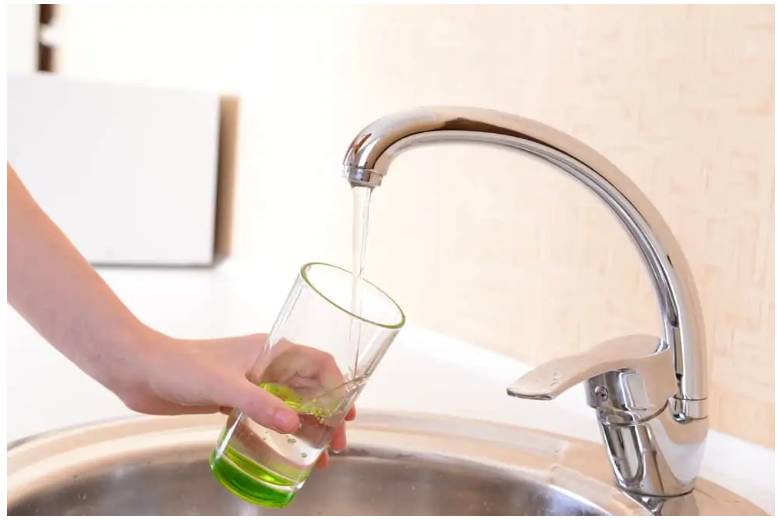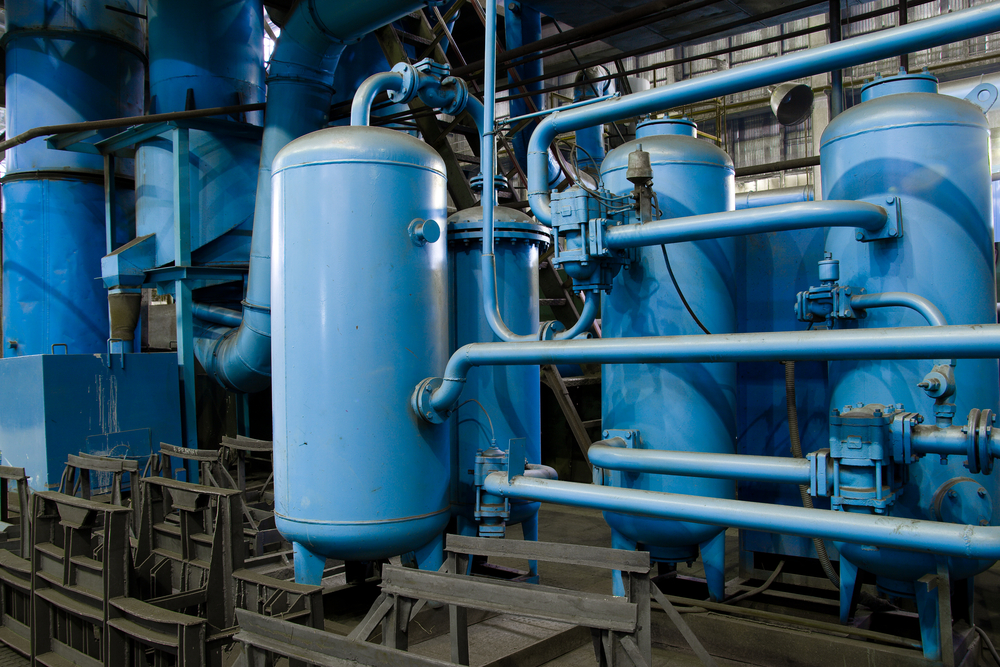What're your concepts on 9 Reasons for Low Water Pressure in Your House?

Low tide pressure in your home can be a frustrating trouble, influencing everything from showering to cleaning recipes. If you're experiencing weak water flow, there are numerous feasible causes and services to explore. In this guide, we'll talk about common reasons for low water stress and functional steps to deal with the problem effectively.
Introduction to Low Water Stress
Low water stress occurs when the circulation of water from your faucets, showers, and various other components is weaker than typical. This can make daily tasks more challenging and much less reliable. Comprehending the causes of low tide pressure is important to finding the ideal service.
Common Reasons For Low Water Stress
Faulty Stress Regulatory Authorities
Pressure regulatory authorities are responsible for keeping regular water pressure in your house. If they malfunction, it can cause low tide stress or unequal flow throughout your home.
Local Water Supply Issues
In some cases, the trouble lies outside your home. Local water supply problems, such as main line leakages or maintenance job, can momentarily reduce water pressure in your location.
Pipeline Obstructions
In time, pipelines can become blocked with natural resource, sediment, or particles, restricting the circulation of water. This is an usual concern in older homes with galvanized steel pipelines.
Corrosion
Corrosion within pipelines can bring about leaks and decreased water stress. Corrosion buildup can constrict water flow, especially in aging plumbing systems.
Exactly How to Diagnose Low Water Stress
Checking Pipelines
Check noticeable pipes for indications of leakages, deterioration, or blockages. Focus on any kind of unusual noises, such as knocking or rattling pipelines, which can indicate issues within the plumbing system.
Consulting with a Plumber
If you're not able to identify the cause of low water pressure, consider employing an expert plumber to carry out a thorough evaluation. They can determine underlying problems and suggest proper remedies.
Examining Taps and Components
Begin by checking the water stress at various faucets and fixtures throughout your home. If the issue is isolated to specific areas, it might show local troubles.
Do It Yourself Solutions to Take Care Of Low Water Pressure
Flushing Water Heater
Debris build-up in the hot water heater can limit flow and decrease efficiency. Purging the container regularly assists remove debris and keep ideal performance.
Checking Stress Regulator
Guarantee that the pressure regulatory authority is working properly. Changing or changing the regulatory authority can help bring back proper water stress throughout your home.
Cleaning Up Aerators and Showerheads
Mineral deposits can build up in aerators and showerheads, minimizing water flow. Remove and cleanse these components on a regular basis to enhance water stress.
Cleaning Clogs in Piping
For small obstructions, try making use of a plumbing snake or chemical drain cleaner to clear obstructions in pipes. Be cautious when using chemicals and follow security guidelines.
When to Call a Specialist Plumber
If DIY initiatives fall short to settle the problem or if you suspect significant plumbing troubles, it's ideal to seek help from a certified plumber. They have the expertise and devices to deal with complicated concerns securely and efficiently.
Preventive Measures to Maintain Water Pressure
Installing a Pressure Booster
Consider installing a stress booster pump to enhance water stress in areas with regularly reduced circulation. This can be particularly helpful for multi-story homes or residential properties with high-demand components.
Tracking Water Usage
Bear in mind water use routines and avoid overtaxing the plumbing system. Straightforward adjustments, such as staggering showers and laundry lots, can assist maintain ample water pressure.
Routine Maintenance
Arrange regular maintenance for your plumbing system to prevent concerns such as rust, leakages, and obstructions. Addressing minor troubles early can assist avoid more significant repair services in the future.
Verdict
Taking care of low water stress can be irritating, however determining the underlying reasons and implementing appropriate services can bring back optimal circulation throughout your home. Whether it's cleansing aerators, checking pipelines, or seeking advice from a plumber, taking proactive actions can make sure a stable supply of water for your daily requirements.
FOUR WAYS TO FIX LOW WATER PRESSURE NOW
Turning on a shower or faucet only to find the water comes out in a sad, slow drizzle is never a good feeling. How exactly are you supposed to wash a pan or take a quick shower when it takes 10 minutes just to rinse off a little soap? The good news is that when your water pressure is bad, there's always a cause: typically one that can be easily fixed. Here are some of the most common causes of low pressure and what you can do to fix the issue:
DEBRIS AND MINERAL DEPOSIT BUILDUPS
If you notice low water pressure from just one or two of the fixtures in your house, the problem likely has to do with debris buildup. Water is full of minerals and other debris, all of which can accumulate in your pipes and on your fixtures. This can cause a blockage that affects how much water flows through. To fix this, try filling a small plastic bag with white vinegar, and use a rubber band to hang it around your showerhead or faucet. Let the head of the fixture soak for a few hours, and the vinegar should loosen the deposits.
WATER LEAKS
Leaks are another common cause of low water pressure. If water is flowing out of your plumbing through a hole or crack before it can reach your fixture, the pressure coming out of the faucet or showerhead will be lower. A plumbing professional is your best bet for finding and repairing a leak in your water supply pipes.
Leaks are another common cause of low water pressure. If water is flowing out of your plumbing through a hole or crack before it can reach your fixture, the pressure coming out of the faucet or showerhead will be lower. A plumbing professional is your best bet for finding and repairing a leak in your water supply pipes.
A VALVE ISSUE
If you have low water pressure throughout your home, check your main shut-off valve to make sure it's completely open. You may also want to see if there's a pressure-reducing valve installed. If there is, have a plumber help you adjust the settings to get the pressure you're looking for.
OTHERS USING WATER
Believe it or not, your low water pressure could be caused by your neighbors. If you notice low pressure at certain times of day, it may be because you and the people living next to you have similar schedules - when everyone is showering at the same time, the pressure will be lower in every home. Low pressure throughout the neighborhood may also be caused by an issue with your municipal water supply. If that's the case, call the supplier to see if they're working on the issue.
https://www.rotorooter.com/blog/water-leaking/low-water-pressure-fixes/

Do you like reading about 10 Reasons for Low Water Pressure in Your House? Create feedback directly below. We'd be pleased to listen to your responses about this entry. Hoping that you visit us again later on. Sharing is good. You never know, you could be helping someone out. Thank you for your time. Return soon.
Call